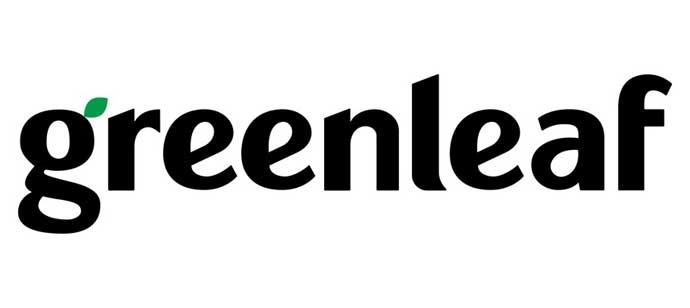MISSISSAUGA, ONTARIO – Maple Leaf Foods has announced its plant-based foods subsidiary, Greenleaf Foods SPC, will move forward with plans to increase tempeh production by acquiring and renovating an existing facility for the company’s food processing operations in Indianapolis.
Phase 1 of the project consists of taking possession of the Indianapolis facility, expected to close in April, and the installation of tempeh production equipment with an initial capacity of roughly 4.5 million kg. Acquisition of the plant is subject to typical closing conditions.
Pre-engineering figures for the build-out and plant acquisition cost estimate the project will cost approximately $100 million. Maple Leaf targeted the first half of February 2022 for the plant to begin production and employment of approximately 115 people once fully functional. The plan includes a Phase 2 including doubling capacity should consumer demand for tempeh continue to increase.
Adding tempeh production supports the company’s goal of maintaining market leadership in the category and stays consistent with its strategy to build capacity and grow high-growth plant protein business through the effective deployment of capital.
“Maple Leaf Foods has been purposeful in executing a multi-tiered strategy focused on capital efficiency,” said Michael McCain, president and chief executive officer. “To date, we have found ways to leverage the capacity of our existing plant protein manufacturing assets, while successfully utilizing footprint in the rest of our network. At this juncture, given the high demand for our tempeh products, this project offers us the ability to deliver incremental capacity in a cost-effective, timely manner in a location that has synergies with our long-term vision.”
Maple Leaf Foods announced a similar plan to build a facility in Shelbyville, Ind., in 2019, but several challenges, including the coronavirus (COVID-19) pandemic, delayed the project. Utilizing the acquisition of an existing plant gives Maple Leaf the ability to fast-track tempeh production, meet near-term, growing demand for tempeh and further develop its plan for a Shelbyville plant.


